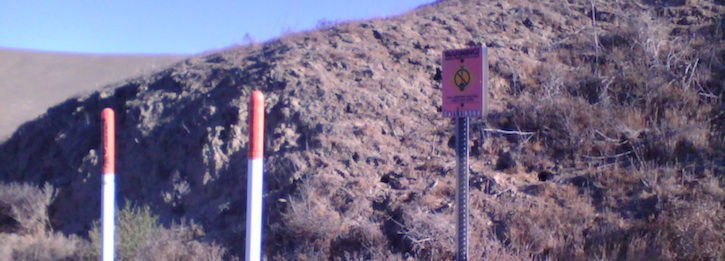
Any Californian ISP that gets funding from the FCC to build out and operate an experimental rural broadband system can also get money from the California Advanced Services Fund. The California Public Utilities Commission yesterday approved a blanket 10% match of any federal funds an ISP might win via the FCC’s program.
The hope is that the extra CASF subsidy will buy down the cost of pursuing those rural broadband experiments in California, making them more cost effective in the eyes of the FCC and giving them a competitive edge against proposals from other states.
The FCC has set aside a total of $100 million for the program. The CPUC estimates California’s fair share of that to be $10 million, which means the hit to CASF would be something like $1 million. Not a huge amount, relatively: there’s about $160 million left CASF. It could be less or it could be more, since the FCC doesn’t have a particular geographic formula for handing out its money.
Based on past experience with federal broadband programs focused on rural areas, California would normally do well to score as much as 10%. Midwestern and southern states have proven more adept over the years at defining the rural subsidy game and then playing it. This spiff from CASF, though, might make a big difference.
The CASF contribution is preauthorised, which means any Californian applicants can simply include the money in the budget they submit to the FCC and, per yesterday’s resolution, “explicitly reduce their federal contribution request up to ten percent”. There’s still some paperwork to be done for the CPUC’s benefit but, compared to normal CASF grant and loan applications, it’s hardly any all.
